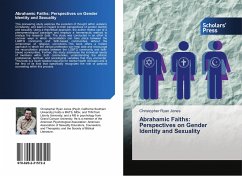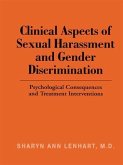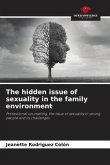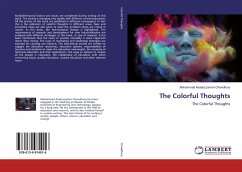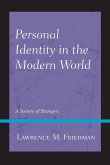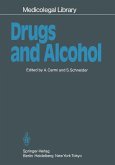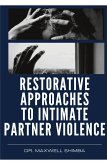This pioneering study explores the evolution of thought within Judaism, Christianity, and Islam in regard to their perspectives of gender identity and sexuality. Using a theoretical approach, the author makes use of a phenomenological paradigm and employs a hermeneutic method to analyze the research data. The study was conducted in an effort to uncover ways in which reconciliation can take place between the LGBTQ community and faith-based communities without the compromise of religious convictions. This book offers a holistic approach in which the clinical profession can help aide and encourage the reconciliation process between the LGBTQ community and faith-based communities. Further, this study addresses the individual needs of members within both communities, understanding the ethical, professional, spiritual, and sociological variables that they encounter. This book is a much needed resource for mental health clinicians and is the first of its kind that specifically recognizes the role of pastoral counseling within this process.
Bitte wählen Sie Ihr Anliegen aus.
Rechnungen
Retourenschein anfordern
Bestellstatus
Storno

